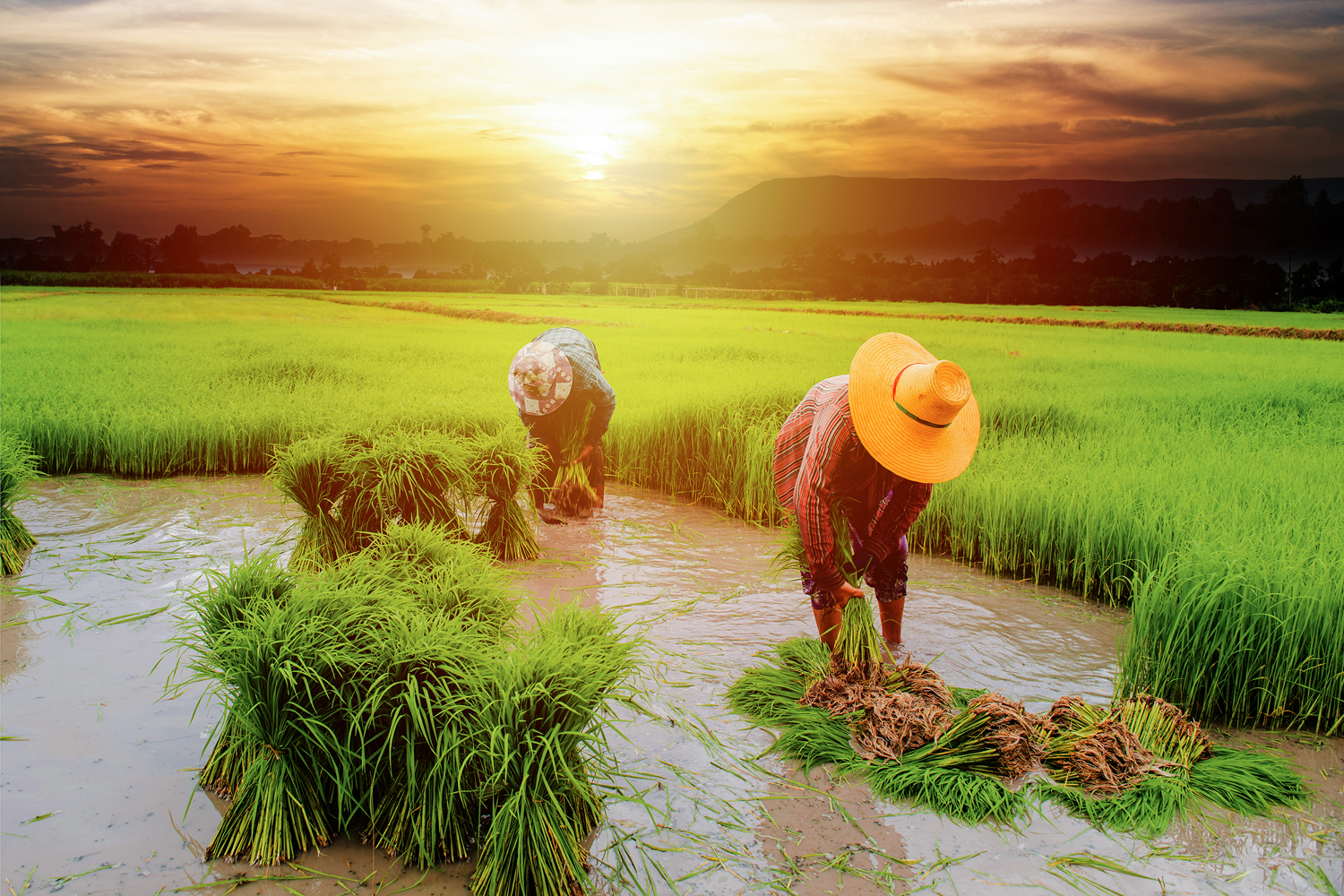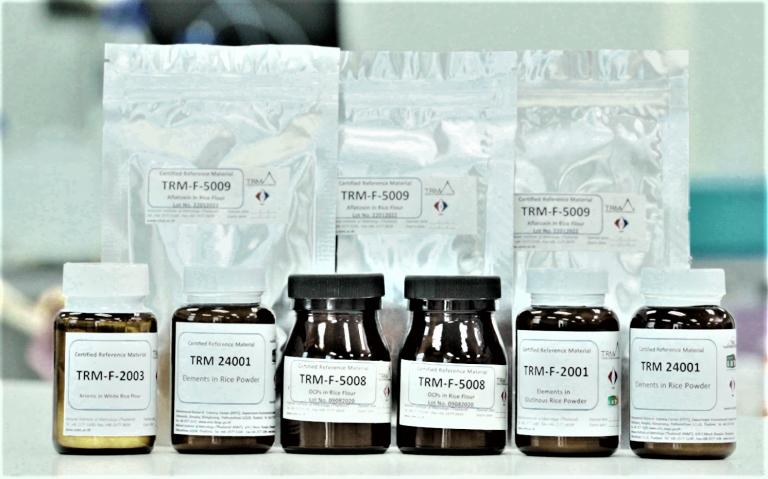
Rice is a fundamental food for Thais and a major source of export revenue. However, several threats such as volatile weather conditions, falling rice prices, high production costs, overuse of chemicals in farming that deteriorates soil quality, and fierce competition from nearby countries such as Vietnam, affect the sector’s performance. Even with government help, such challenges persist, requiring clear and proactive policies and effective solutions to overcome them.
For rice farmers to survive under these conditions, they need to be resilient and place more emphasis on quality as opposed to just quantity. One small initial step they can take is using certified seeds and implementing Good Agricultural Practice (GAP).
For this, there needs to be an efficient quality control platform that strengthens production. With this in mind, the National Quality Infrastructure (NQI) for Thai rice has been identified as part of the solution by helping farmers who grow rice with the best quality standard and the strong support of the National Institute of Metrology of Thailand (NIMT).

As the agency responsible for the development of national metrology systems and measurement standards in various fields, NIMT, among other related agencies, is driving efforts under the NQI initiative to reach and maintain national sustainability standards for rice.
NQI is an internationally recognized framework that designs, establishes, and performs standardization practices according to assessments of conformity, metrology, and accreditation suited to each product. “NQI will provide an efficient way to maintain and raise production standards in various fields, e.g. the agricultural sector,” explains Dr. Cheerapa Boonyakong, Head of Organic Analysis Group, Department of Chemical Metrology and Biometry, National Institute of Metrology (Thailand). “NQI takes the role of building and preserving national measurement standards for laboratories. It covers accurate scientific measurement with advanced infrastructure technology, thereby assisting and stimulating standardization, regulation, innovation, and fair trade.”

As the issue of overuse of chemicals in cultivating crops in Thailand remains unresolved, NIMT has developed physical and chemical measurement standards known as Certified Reference Materials (CRMs) for rice analysis e.g. chemical residues and heavy metals. These measurement standards are recognized nationally and internationally as part of the NQI.

NIMT provides several CRMs for rice analysis including Elements in Glutinous Rice and Arsenic in White Rice Flour, Bt63-Rice Plasmid DNA, Organophosphate Pesticides in Rice Flour, and standard elements solutions.
Several CRMs for Rice Analysis are in development, including Aflatoxins in Rice Flour, Bt63-Rice Plasmid DNA, LLrice601-Rice Plasmid DNA, and LLrice62-Rice Plasmid DNA for Genetically Modified Rice. CRMs serve as effective tools to check the quality and metrological traceability of measurements, validate analytical methods, and calibrate instruments.
“Quality assurance and Quality control are our main focus as we strive to drive the country’s industries, especially farming,” concluded Dr. Cheerapa. “This way Thai rice will recapture its crown as the preferred domestic produce and international market leader.”
The mission is funded by Thailand Science Research and Innovation (TSRI) and the Office of National Higher Education Science Research and Innovation Policy Council (NXPO) by the Program Management Unit for Competitiveness in the fiscal year 2021.
For further information about CRMs, please visit Thailand Reference Material (TRM) page via https://www.nimt.or.th/etrm/en/.